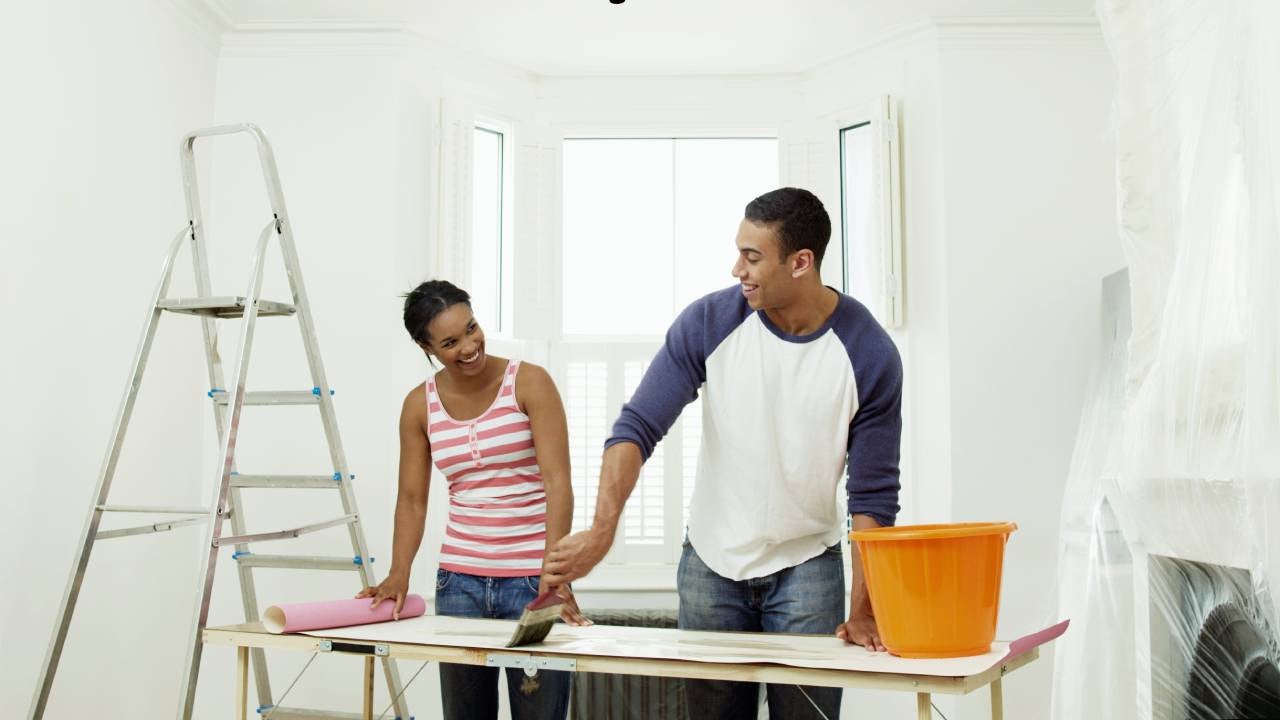Advantages and disadvantages of having a mortgage




Key takeaways
- There are benefits to having a mortgage, such as improving your credit score through consistent, on-time payments and paying down the principal balance.
- Mortgage interest can provide a tax deduction if you itemize deductions on your taxes.
- Drawbacks to having a mortgage include foreclosure risk and the interest that you must pay over the life of the loan.
A mortgage is the single biggest debt most folks will ever owe, which means it might seem like a no-brainer to get rid of your home loan as quickly as possible. Before you raid your bank account to make payments ahead of schedule, however, think twice. Believe it or not, there are actually some advantages to having a mortgage. Here they are, along with the disadvantages — plus advice on how to make the best decision.
Pros and cons of having a mortgage
| Pros | Cons |
| It makes homeownership possible. | You’re taking on more debt and dealing with additional maintenance and repair costs. |
| It serves as a forced savings account. | You could lose the property in foreclosure if you get into financial trouble. |
| You can increase your credit score with on-time payments. | You’ll pay more money in interest over the course of the loan term. |
| You may be able to save on your taxes. | You might have less flexibility with selling your home. |
| You can budget to invest your remaining monthly funds. | Your mortgage can go underwater if property values decline in your area. |
Benefits of having a mortgage
While you may curse the cost of it, having a mortgage and making those monthly payments isn’t all downside. Here’s why.
It makes homeownership possible
Let’s face it: Most people in the U.S. aren’t in a position to buy a home outright, especially given the current record-breaking prices paired with high mortgage rates. For these folks, financing is the only realistic path to homeownership, and a mortgage is one of the best and most convenient options for most borrowers.
Despite its hassles, homeownership still has several pros. For one, it gives you a place to call your own. Furthermore, you’re not subject to the whims of landlords and rising rents — which, depending on your location, could be higher than monthly mortgage payments. Plus, a piece of property is an asset, one that:
- Enhances your net worth as it appreciates
- Can become a source of cash (see below)
- Can be handed down, building wealth through the generations
It’s a forced savings account
If you think of your home as a wealth-building asset, then paying your mortgage is like investing in that asset. “A monthly mortgage payment is often considered a forced savings account that helps homeowners build net worth,” says Lawrence Yun, chief economist for the National Association of Realtors (NAR).
Every mortgage payment buys a bit more of the home, increasing your ownership stake, aka home equity. Accumulate enough equity over time and you can borrow against it via a home equity loan or line of credit (HELOC). In other words, a mortgage in good standing allows you to turn your home into cash without having to sell it.
It boosts your credit score
Although your credit often takes a temporary hit when you get your mortgage, paying down the balance can help maintain and even improve your credit score over time. Lenders like to see a credit mix — different types of debt — in a credit report. Also, a mortgage is considered “good debt,” because it’s going toward acquiring an asset; showing you can manage it responsibly (via regular, on-time payments) improves your record. A higher credit score translates to everything from better terms on other loans to more loan options.
You might see some tax benefit
If you itemize deductions rather than claim the standard deduction, you could include the mortgage interest deduction, which allows you to deduct the interest on up to $750,000 of total home-based debts. (If you bought the home prior to Dec. 15, 2017, that amount increases to $1 million.) If you itemize, you can also deduct property taxes.
You could put the extra funds to work elsewhere
To pay off your mortgage early, you might need a large sum of cash. If you continue to pay your mortgage at a steady monthly rate instead, you can put that money toward other financial goals, including saving for retirement or investing.
Drawbacks of having a mortgage
Of course, there are downsides to maintaining a mortgage. Here are the biggest ones.
It’s still debt
When you take on a mortgage, you’re committing to repaying a large debt for a long time, often decades. Even if you’ve eliminated all your other obligations, having a mortgage remains a major expense, effectively tying up your income and affecting your cash flow.
Risk of foreclosure
A mortgage helps you acquire an asset. Unfortunately, it can also lose you that asset — if you don’t repay it. A mortgage is secured debt: Your home acts as collateral for the loan (that’s why mortgage interest rates are lower than those for credit cards or personal loans). Fail to make payments for several months, and your lender has a legal right to foreclose on your home, and take it from you.
The longer you have it, the more interest you’ll pay
Hanging onto a mortgage for the full term means you’ll pay the entire interest amount. If you pay off your loan early, you could save yourself a bundle on these charges.
“Where prepaying a mortgage has a bigger impact is if you have a modest remaining balance and paying off the loan will suddenly eliminate your biggest monthly payment,” says Greg McBride, CFA, chief financial analyst for Bankrate. “But only do this if you’ve covered other bases such as paying off high-cost debt, fully funding emergency savings and maxing out your retirement contributions.”
Where prepaying a mortgage has a bigger impact is if you have a modest remaining balance and paying off the loan will suddenly eliminate your biggest monthly payment.— Greg McBride, CFA, chief financial analyst for Bankrate
Most homebuyers opt for fixed-rate mortgages. If you have an adjustable-rate mortgage (ARM), you’ll almost certainly pay more over time as your rate changes. This can squeeze your monthly budget or, worse, make your payments completely unmanageable.
Less flexibility in selling
A mortgage is a lien on the home — a common one, to be sure — but it still has to be settled before you sell the place. In fact, most mortgages have an alienation clause that mandates they be paid off if and when the property changes hands. This legality can affect the market price you place on your home — assuming you’ll need the proceeds to cover the mortgage balance — which in turn can affect how easily it sells. Not to mention, how much of a profit you’ll make.
Risk of negative equity
Negative equity involves your home’s value dropping below the amount of your outstanding balance on the mortgage. For instance, if your mortgage balance is $450,000 but your home’s value declines for some reason and is only worth $350,000, you have negative equity of $100,000. When this occurs, it can be more challenging to sell your home or even refinance it.
Alternatives to getting a mortgage
The most common alternative to getting a mortgage is buying a home with cash. The upsides there include:
- No monthly loan payments
- No interest
- None of the closing costs associated with a mortgage
To compare, if you were to take out a $390,000 mortgage with a 30-year term and a fixed 7.6 percent rate, the interest over the life of the loan alone would come to $601,329, making the loan cost $991,329 total. With a cash purchase, you’d spare yourself close to two-thirds of the cost.
Paying cash has drawbacks, however. Such as:
- Not eligible for mortgage interest deductions
- Reduces cash for other needs and goals, such as retirement or paying for college tuition
- Less money for “hidden expenses” like home improvements, maintenance and repairs
$21,400
Source: Bankrate 2025 Hidden Costs of Homeownership Study
How to weigh mortgage pros and cons
Ultimately, the decision to take out or continue paying a mortgage hinges on whether you have the funds on hand and, if so, whether there’s something better you could do with your money.
Can you keep making your monthly payment and put the remaining money in investment vehicles that’ll help it grow? If so, you might want to stick to your mortgage repayment schedule. If you value peace of mind more than anything and want to own your home outright, it might be worth making payments ahead of time.
FAQ
Why we ask for feedback Your feedback helps us improve our content and services. It takes less than a minute to complete.
Your responses are anonymous and will only be used for improving our website.




